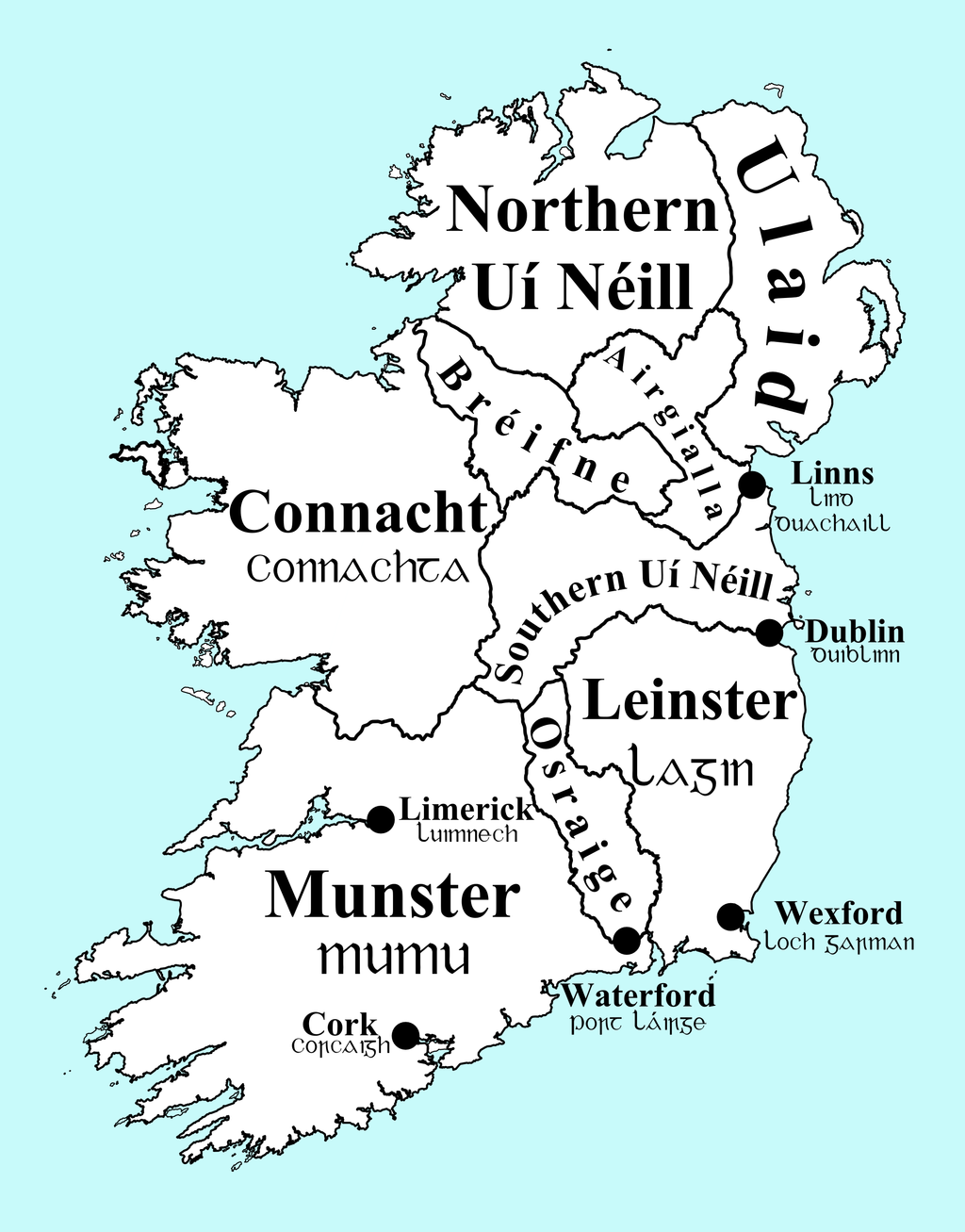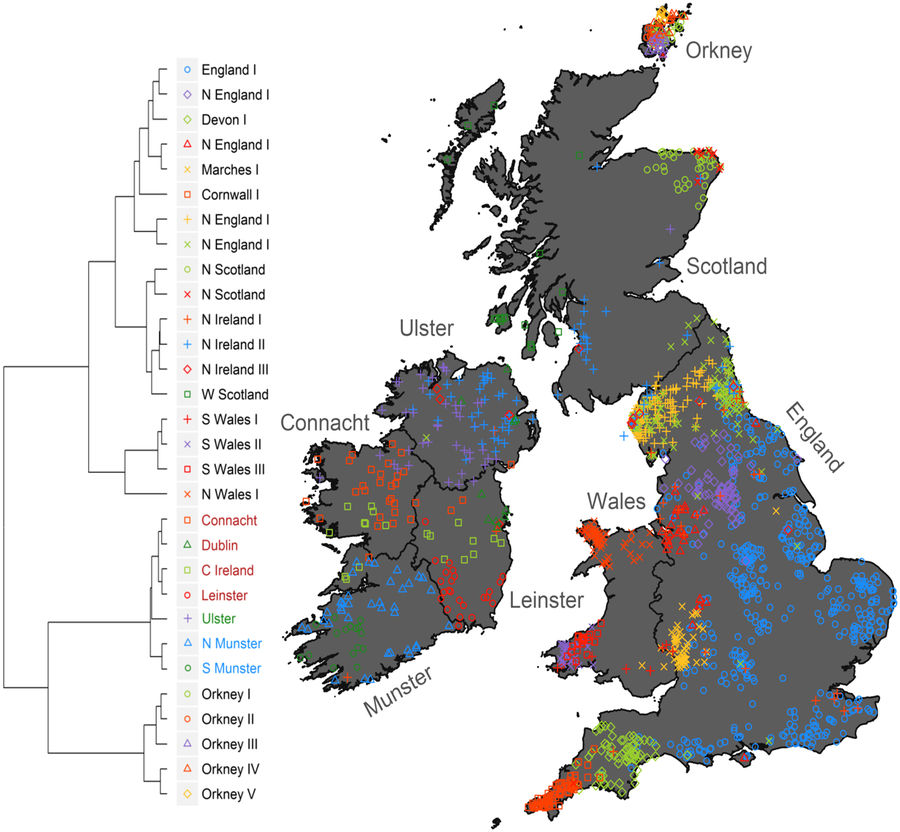Open access Network analysis of the Viking Age in Ireland as portrayed in Cogadh Gaedhel re Gallaibh, by Yose et al., Royal Society Open Science (2018).
Abstract
… Read the rest “Network analysis of the Viking Age in Ireland as portrayed in Cogadh Gaedhel re Gallaibh”Cogadh Gaedhel re Gallaibh (‘The War of the Gaedhil with the Gaill’) is a medieval Irish text, telling how an army under the leadership of Brian Boru challenged Viking invaders and their allies in Ireland, culminating with the Battle of Clontarf in 1014. Brian’s victory is widely remembered for breaking Viking power in Ireland, although much modern scholarship disputes traditional perceptions. Instead of an international conflict between Irish and Viking, interpretations based

